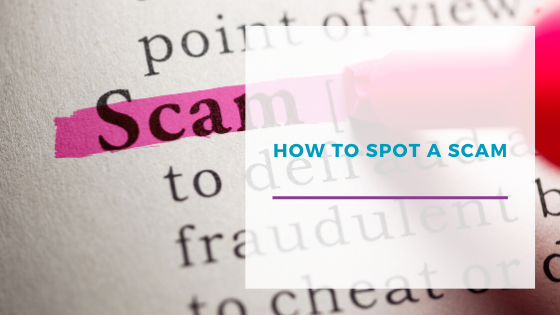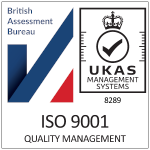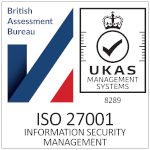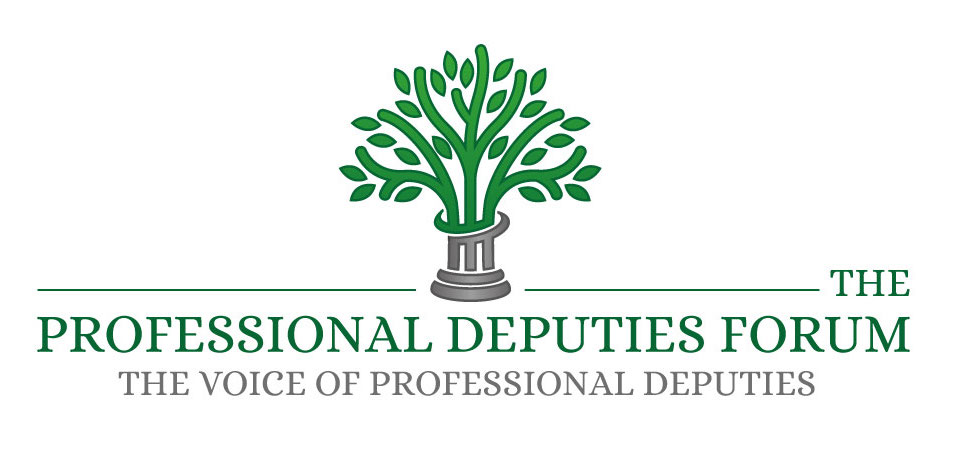Financial vulnerability can happen for all sorts of reasons and it can happen to anyone. Bereavement, redundancy, disability, marriage breakdown… just a few of the tragic and often unexpected life events that can lead to a sudden change for the worse in our financial circumstances. The problem is, when we’re going through these events, we’re often vulnerable in other ways too and this can lead to people becoming more at risk than normal when it comes to scams.
In this post, we want to give you some simple, practical tips to help you know how to spot a scam so that you can protect yourself or those you care for.
Scam Warning Signs
While the signs below aren’t a guarantee that something is a scam, they should raise an alarm that something might not be quite right and might need a little more investigation before you act.
You’re contacted out of the blue
If a company calls or emails you unexpectedly, then make sure you check that they are who they say they are. A good way to do this might be to ask them details about your account that only they would know. If you’re still not sure, then hang up the phone and call the company directly, using their official number. If possible, try to also call them from a different phone. Some scammers keep the line open so that even when you close the original call and then redial, they’re still there.
You’re asked to share personal details
Don’t share any personal data over the phone or by email unless you’re absolutely sure that the person you’re speaking to is legitimate. Neither your bank nor the police will ever:
• Ask you to transfer money to a new account for fraud reasons, even if they say it is in your name.
• Phone you to ask for your 4-digit card PIN or your online banking password, even by tapping them into the telephone keypad.
• Ask you to withdraw money to hand over to them for safe-keeping.
• Send someone to your home to collect your cash, PIN, payment card or cheque book if you are a victim of fraud.
• Ask you to purchase goods using your card and then hand them over for safe-keeping.
It’s too good to be true
This can be an especially cruel way to scam someone who is already financially vulnerable. If someone is offering you a deal or perhaps a prize that seems too good to be true (perhaps you don’t even remember entering a competition…) then there’s a chance that it is too good to be true.
Spelling or Grammar Errors
A legitimate company is unlikely to send out correspondence that’s littered with mistakes. The odd one might slip by, but if you see lots then this should raise your suspicions.
Protecting yourself from scams
When you find yourself unsure whether you’re being scammed, there are a few ways to try to protect yourself:
Check the company is real
Gov.uk have a handy tool that allows you to check whether a company is real or not, so if you’re in doubt, check a company out first.
Don’t click or download something you don’t trust
If you’re on a website that you’re not sure about or you’re sent an email from an email address that you don’t recognise, then don’t click any of the links until you’ve had a chance to check whether it’s legitimate.
Check company reviews
Another great way to check up on a company you’re not sure about is to search for any reviews they’ve had. If other people have had a bad experience, then hopefully their review can help prevent you from having one too.
Our final tip would be to take your time. Don’t let someone rush you into doing something that you’re not completely comfortable about. Take a breath, think carefully and make sure you’re sure before you act.














Post a comment